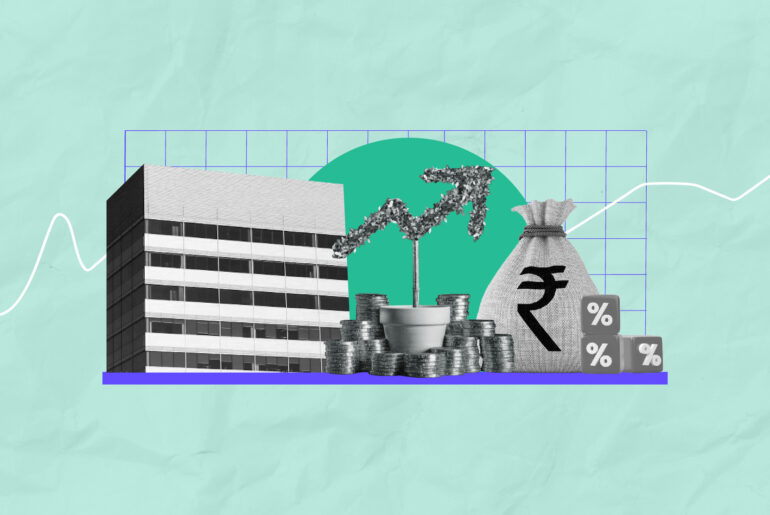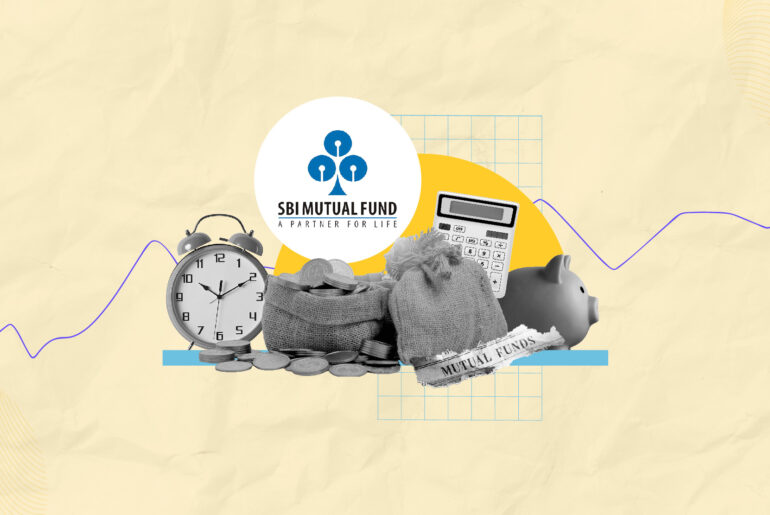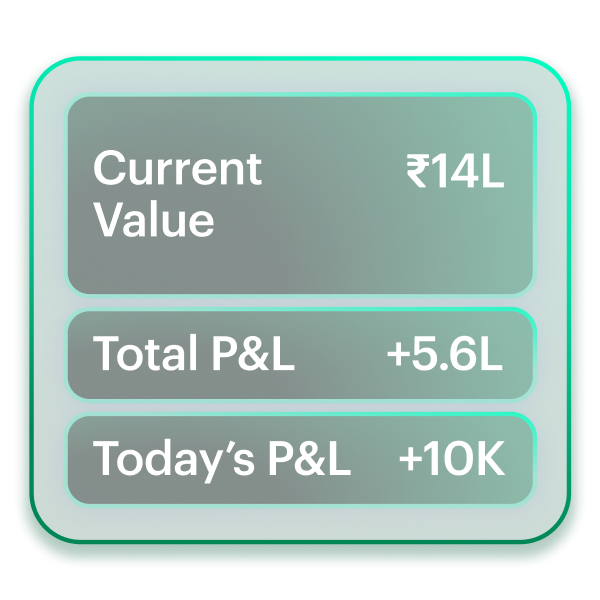Last Updated on Apr 6, 2021 by Manonmayi
If you are new to investing, asking “why I need to invest” is a rather sensible question, the answer to which is simple. Assume that you’re a 90s kid. Now go down the memory lane and see if you remember the 25 paise and 50 paise coins.
If not anything, the coins could at least buy you a ‘peppermint’ or a random toffee. But what value do the coins have now? Can they buy you anything at all? No! And it’s only been close to 3 decades since then.
That’s the whole point.
Money’s worth today is less than what it was yesterday and it more than what it will be tomorrow. The reason: money compounds in value. This cautionary principle of finance is called the ‘time value of money’ (TVM).
Table of Contents
Interest: give and take
TVM is why lenders charge interest to their borrowers: because the sum they lend today is worth more than what they may receive tomorrow. It is also the same principle because of which you receive interest on a savings bank account and why you pay more for a piece of cake today than you paid a few years ago.
Saving vs investing
Given an option of receiving Rs 15,000 today or in 5 years, which would you choose? Without doubt, most of you would go with the first option, which then brings you to the next question: would you save it or spend it?
If you would save Rs 15,000, how would you do it? Store the money in your cupboard or park it in a scheme that offers interest? If you choose to do the first, you are only setting aside the money and not adding to its value. But if you take the second route and invest in a scheme, you can earn interest on the sum and grow it (unless, of course, the scheme is a sham).
What is investing?
Investing is an act of allocating money to an asset class with consideration of earning a benefit (return) in the near future. Therefore, it is the only way to grow your savings.
What should you know before investing?
Investing doesn’t mean to allocate your funds blindly. There are certain rules to consider for your investments to bear fruits.
Investments carry zero to high risk
No investment is devoid of risks. Depending on the asset class you choose, your funds are at more than just one type of risks as follows:
- Market risk: the risk that you may not receive the entire principal amount when the investment matures or asset (gold, house property) is sold
- Liquidity risk: the risk that you may not be able to sell the asset at the prevailing market price at a short notice. Such a type of risk is high in case of real estate and gold
- Credit risk: this arises when your borrower is likely to default on repayments and is relevant in the case of bonds and loans
- Reinvestment risk: is the chance that you may not enjoy returns at the same interest rate on reinvesting your maturity proceeds. This risk may arise in case of bonds and fixed deposits
- Volatility risk: this is when an asset class doesn’t guarantee returns due to various economic factors. Equity is the best example of investments with high volatility
Risk and return are directly related to each other
As a thumb rule, high risk translates into high returns. While some instruments such as a fixed deposit are known to offer guaranteed returns, there are others like equities that are highly risky and may not yield any returns. However, historically, stocks are known to have generated the highest returns over the long-term. Fixed deposits and bonds, on the other hand, are low-risk vehicles that offer lower returns compared to equities.
The takeaway here is that if you want to chase high returns, you necessarily have to assume high risks. But genius is not in taking high risks with an expectation of earning high returns. Instead, it is in taking calculated risks, which you can stomach without forgoing the principal.
Investments should be in line with your goals
Investing without an objective is like driving without direction. You will go on investing but not have a clear idea of why you are doing so. Therefore, before investing, ask yourself what is your purpose of investing. Do you want to buy a home or a car, fund your children’s education or save for your retirement?
Once you establish an investment objective, you’ll know how much you have to invest. You’ll know the quantum of returns you need to achieve your goal. Besides, you’ll also have an idea of how long you would want to stay invested to accumulate your desired amount.
Start investing early to benefit from the power of compounding
Many people, especially those who are young, ask “Why invest today and not after a few years. The answer to this question is very simple: money gets compounded over time. When you are young and early in career, you have fewer responsibilities, thanks to which you can save and invest more.
Let us say that you are aged 25 and want to accumulate a nest egg for your retirement. Considering you want to retire at the age of 50, you have 25 years in hand to invest. If you postpone investing to, say, 30. You’ll only have 15 years left to invest. Here, the effect of compound interest wouldn’t be as significant as in the case of the first scenario. So, the sooner you invest, the more time your money gets to multiply. There, hope you got the answer to “why invest today”!
Consider tax benefits associated with the investment
In a bid to encourage you to save and invest, the government offers several tax benefits and deductions under various sections of the Income Tax Act. For instance, Section 80C and 80D allow you to claim tax deductions when you make eligible investments and expenses. Besides, the government, from time to time, also announces additional tax benefits as and when they think fit.
Given such lucrative opportunities to save tax, make a smart move by choosing investments that help you save and earn attractive returns. But be mindful when choosing an instrument. It shouldn’t happen that in a bid to save tax, you end up investing in a tax-saving instrument that doesn’t meet your risk profile and/or return expectation.
Folks, we hope to have given not one or two but several good-enough reasons to help you get started. Remember, your money will only grow if you actively put in efforts. Nothing comes easy, not even money!
- Top Large Cap Funds (2025): Best Blue Chip Mutual Funds - Apr 15, 2025
- List of Best Index Funds in India 2025 - Apr 15, 2025
- List of High Beta Stocks in India: Volatile Shares on NSE - Apr 11, 2025




